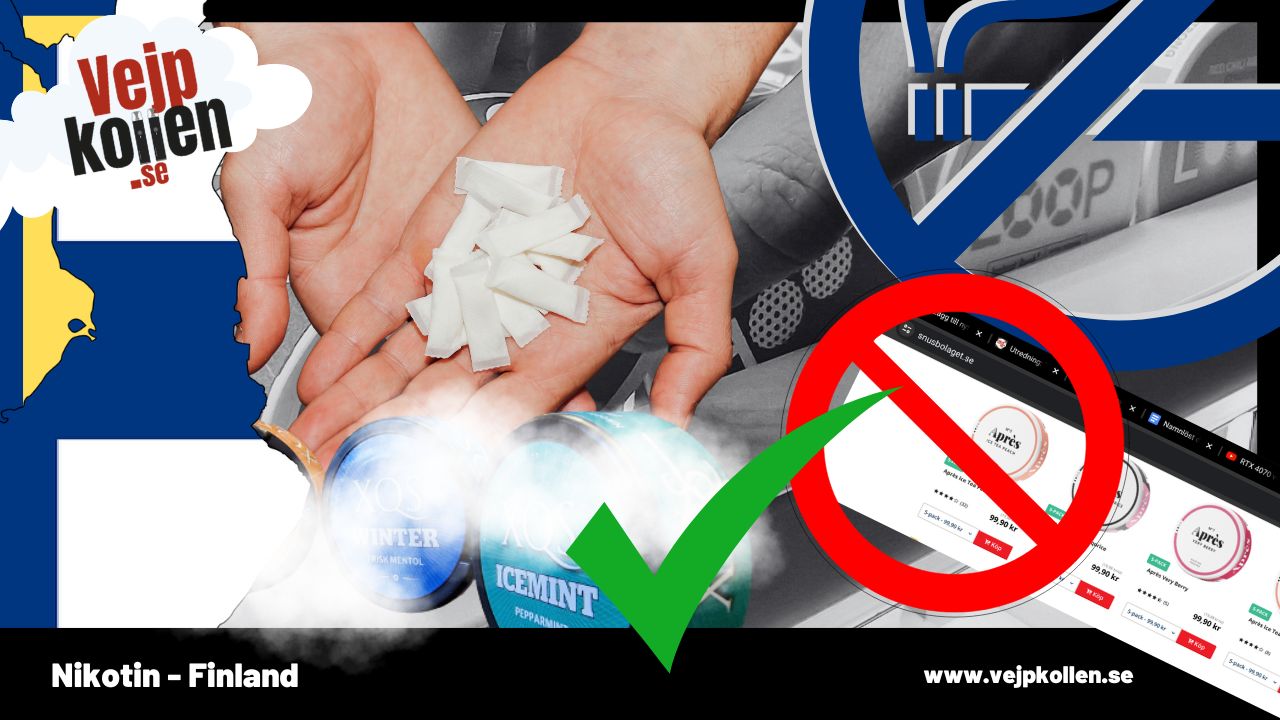
News
-

Danish Parliament wants to reduce nicotine consumption
The debate on nicotine pouches is in full swing in the Danish parliament. The pouches have grown in popularity in Denmark, as well as in other EU countries, and the products are currently completely unregulated in the EU. The government wants to take a tough stance, while the opposition is calling for softer legislation.
-

Finland regulates nicotine pouches - banning flavours and online sales
A comprehensive flavour ban, nicotine content restrictions and a ban on all online sales. This is what the Finnish Parliament recently decided when nicotine pouches were regulated outside the pharmaceutical legislation for the first time. For the past year, the products have been sold without any restrictions.

















